… crude price crash triggered by disagreement in OPEC – Silva
The Minister of Finance, Budget and National Planning, Zainab Ahmed, said in Abuja that the Presidential Committee inaugurated on Monday on the impact of the Coronavirus on Nigeria’s economy would submit its report latest on Wednesday.
She spoke shortly after the inauguration of the five-member committee : “We just met with the President to discuss the matter of the impact of the Coronavirus on our economy and Mr President has formed us into a committee with the Minister of State, Petroleum Resources, the Central Bank Governor, the GMD NNPC and myself as members.
“Our mandate is to make a quick assessment of the impact of this Coronavirus on the economy, especially as it affects the crude oil price.
“We will be writing a report and brief Mr President tomorrow or Wednesday morning and after that we will also have more substantial information for the press.
“But it is very clear that we will have to revisit the crude oil benchmark price that we have of $57 per barrel, we have to revisit it and lower the price. Where it will be lowered to is the subject of the work of this Committee.’’
Persecondnews reports that members of the committee include the Minister of State for Budget and National Planning, Mr Clement Agba, the Governor of the Central Bank of Nigeria (CBN), Mr Godwin Emefiele and the Group Managing Director of the Nigerian National Petroleum Corporation (NNPC), Malam Mela Kyari.
On the effect on the 2020 budget, Ahmed said the impact would result in reduced revenue to finance the budget.
“And it will mean cutting the size of the budget. The quantum of the cut is what we are supposed to assess as a committee.
“This is just an initial update to inform you on the directives that we have and subsequently we will be sending a report to the President after which we will be briefing the press on the actions that government will be taking,’’ the minister said.
Also speaking, Chief Timipre Sylva, the Minister of State for Petroleum, said the crash in the crude oil prices globally would also be looked into by the committee.
He said:“On the issue of engaging Russia, we as a member of OPEC are not in a position to take that engagement on our own unilaterally.
“There was a disagreement between OPEC and OPEC+, it is not just Russia, but the biggest producers within OPEC and OPEC+ are Saudi Arabia and Russia.
“We believe that in the coming days when all of us would have begun to see effect of the reduction of prices, OPEC and OPEC+ might need to meet again and reconsider our positions.’’
Silva said a lot of discussions was expected at the level of Saudi Arabia and Russia, but that Nigeria as a member was not in a position to engage members on the matter.
Persecondnews reports that oil price has plunged to the lowest following Russia’s rejection of OPEC cut.
Oil prices tanked more than seven per cent at the weekend to their lowest levels since mid-2017 after Russia balked at Organisation of Petroleum Exporting Countries’ (OPEC’s) proposed steep production cuts to stabilise prices.
Brent futures fell $3.71, or 7.4 per cent, to $46.31 a barrel; U.S. West Texas Intermediate (WTI) crude fell $3.41, or 7.4 per cent, to $42.49.
Those prices were the lowest for Brent since July 2017 and for WTI since June 2017.
A Russian high-level said at the weekend that Moscow would not back a call for extra reductions in oil output and would agree only to an extension of existing cuts by the OPEC and its allies, a group known as OPEC+.
“If this results in OPEC not going through with their own proposed 1 million bpd cuts in Q2, the result … could be devastating. Brent could swiftly drop 15 per cent to the low $40s and WTI to the high $30s in this scenario,” said Bjornar Tonhaugen, head of oil markets at Rystad Energy.
“What counts really is what Saudi Arabia does. If Russia joined, it will not add substantially. We need to see if OPEC goes ahead all alone,” said Olivier Jakob, of the Petromatrix consultancy.
One Middle East source said OPEC had no intention of pursuing deeper cuts without Russia.
OPEC is pushing for an additional 1.5 million barrels per day (bpd) of cuts until the end of 2020.
Sources at the OPEC confirmed Russia’s position and a formal OPEC+ meeting was under way after hours of delay.
An OPEC+ delegate said there were “positive signs” after a separate, earlier OPEC+ meeting had finished.
Non-OPEC states were expected to contribute 500,000 bpd to the overall extra cut, OPEC ministers said. The new deal would have meant OPEC+ production curbs amounting to a total of 3.6 million bpd, or about 3.6 per cent of global supply.
Even with the deeper cut, Goldman Sachs said the OPEC+ deal would not have prevented a global oil market surplus in the second quarter. The bank maintained its Brent price forecast at $45 a barrel in April.
Global stock markets tumbled on Friday as disruptions to business from the spreading coronavirus epidemic worsened.
European shares opened sharply lower, with travel stocks bearing the brunt.













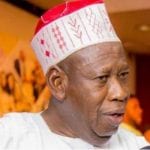
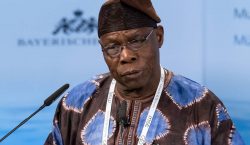









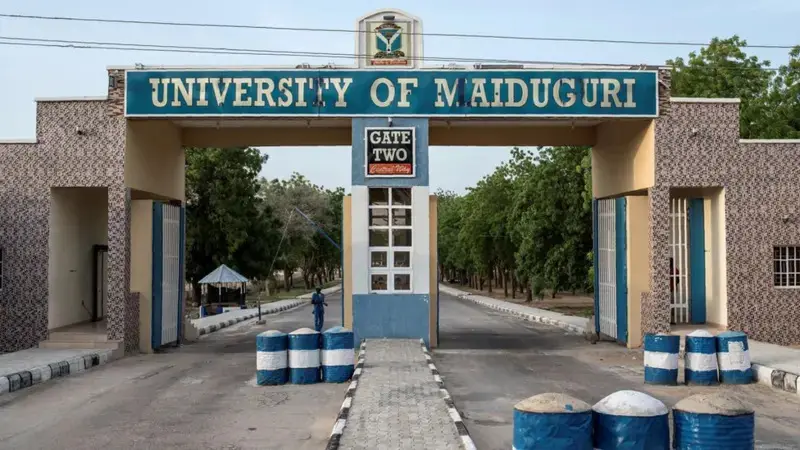

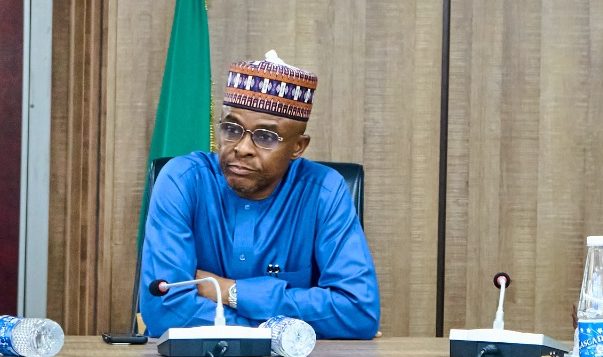
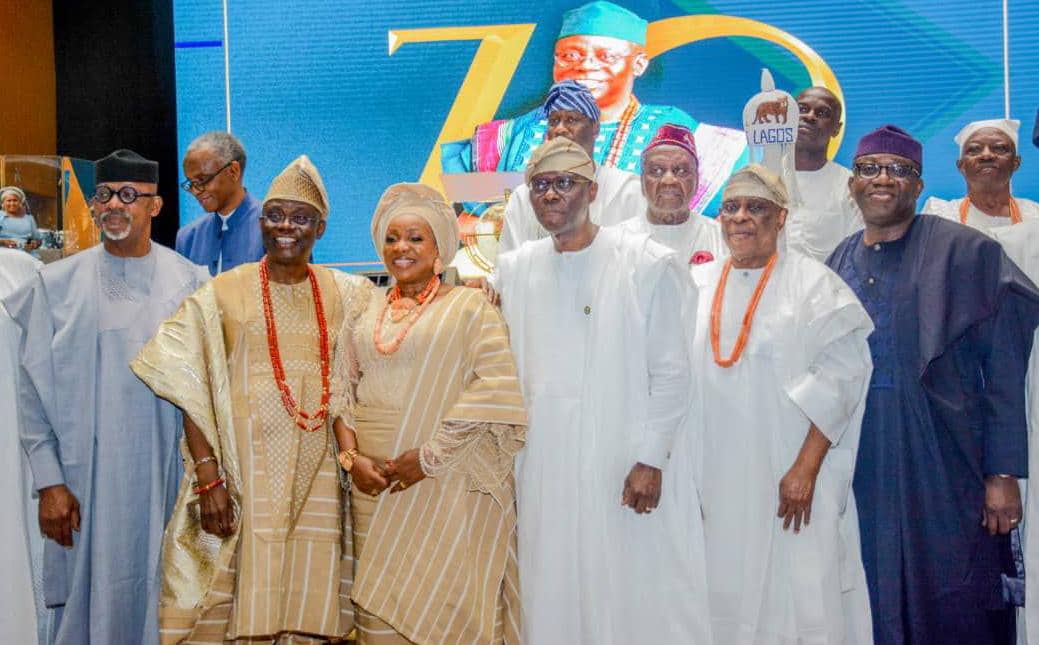
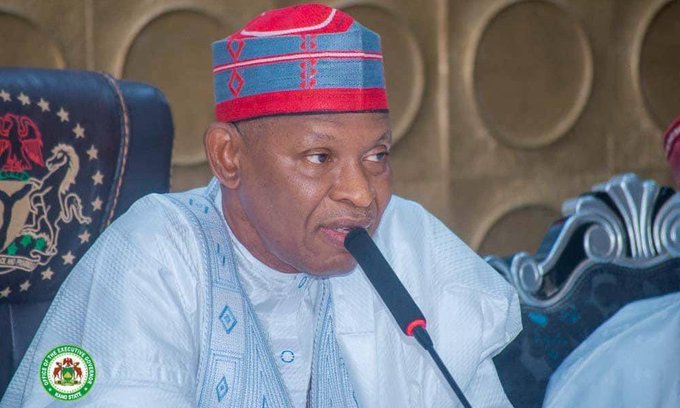
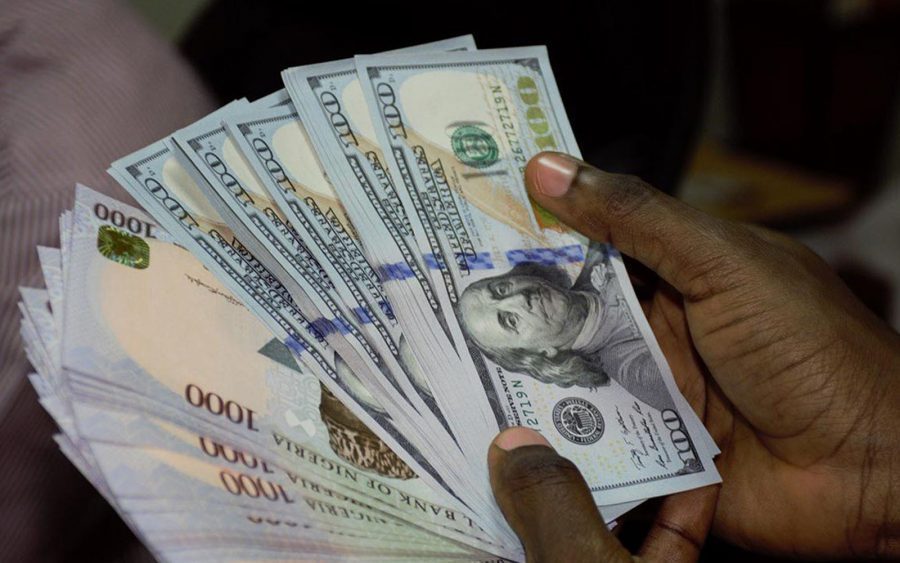
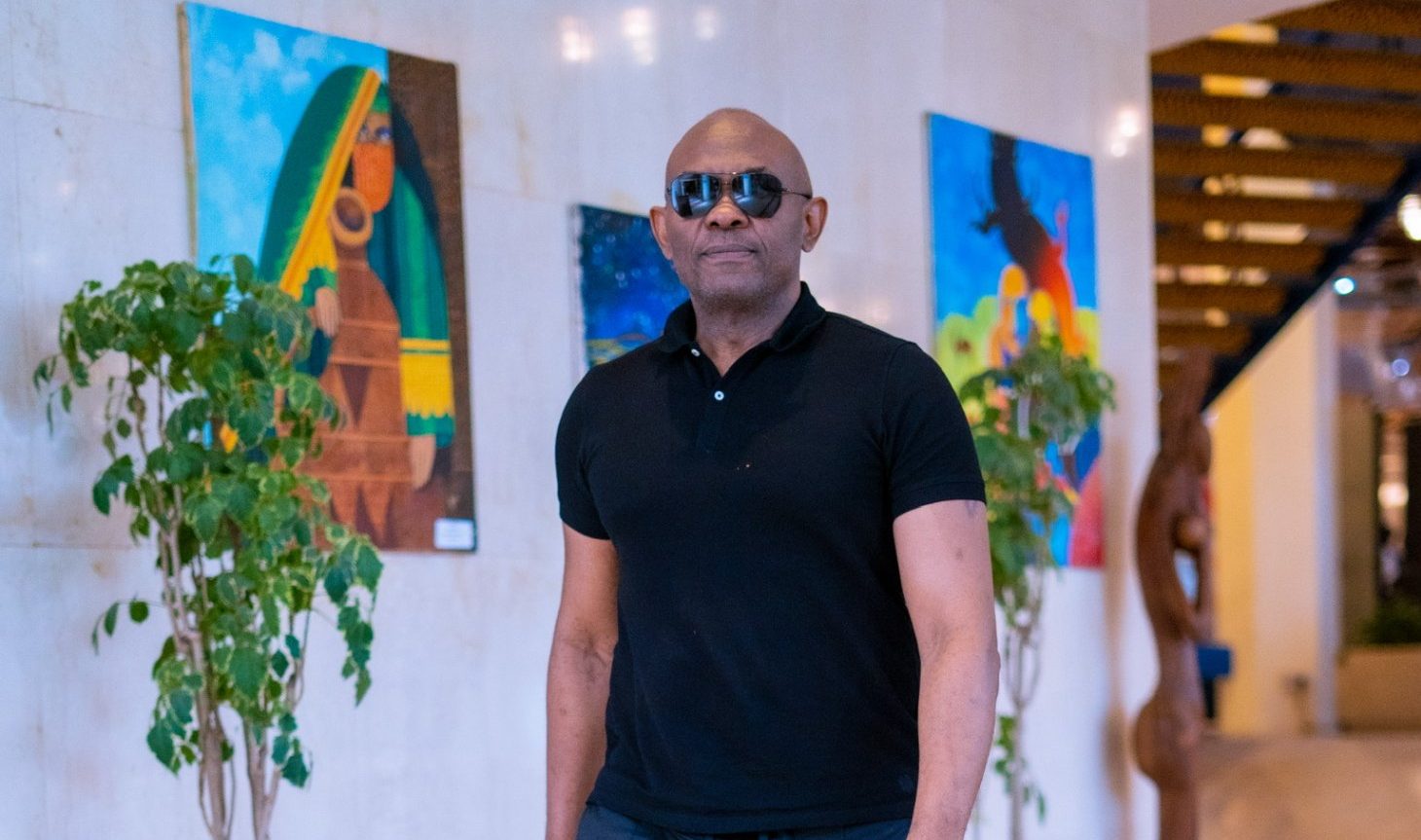

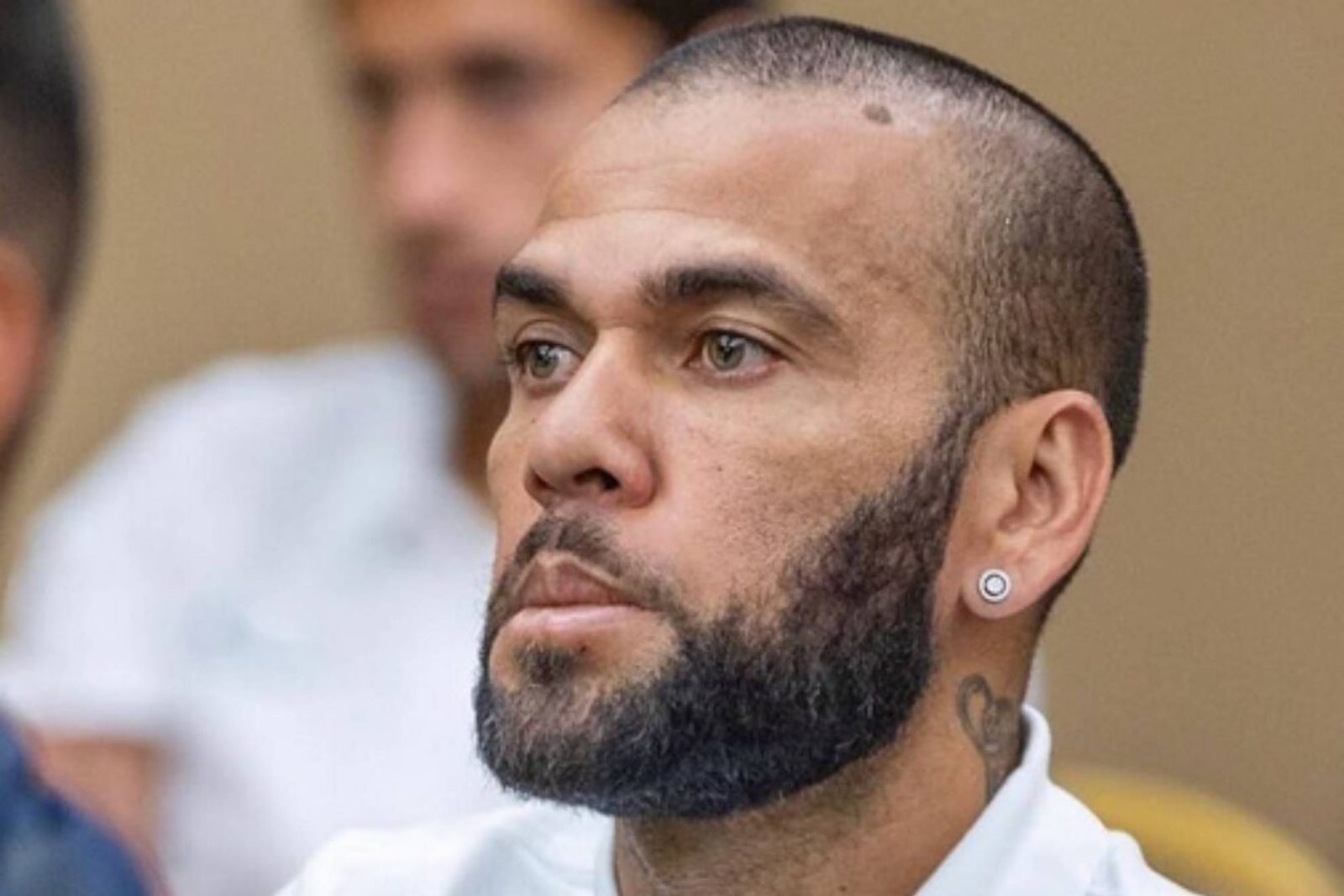


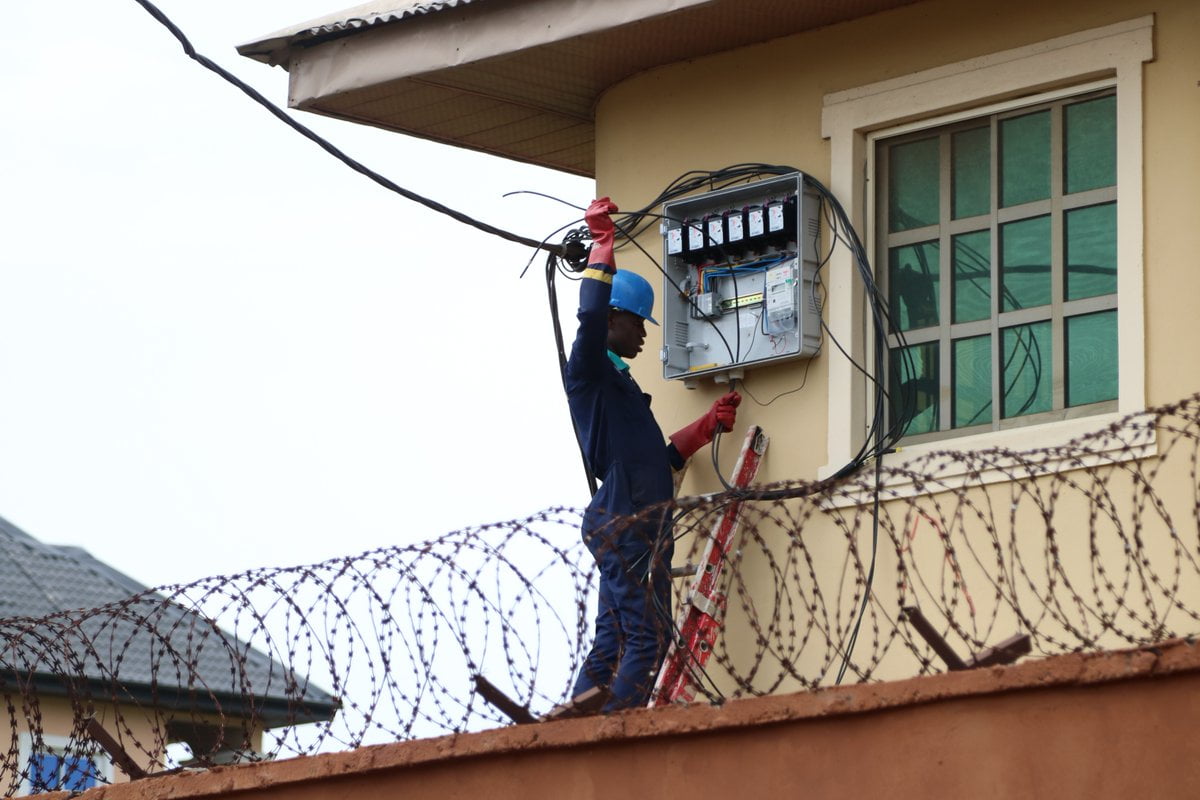
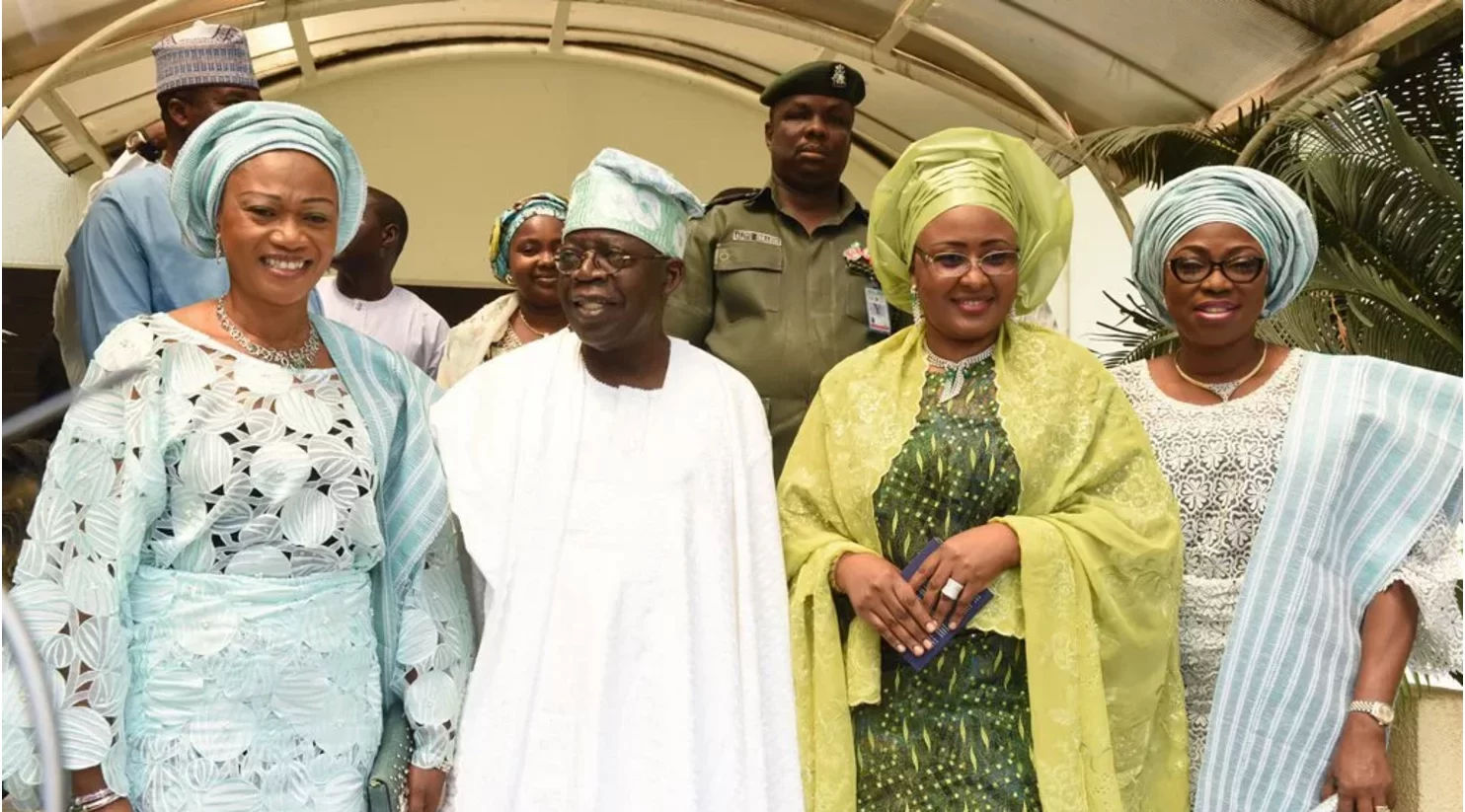


Leave a comment